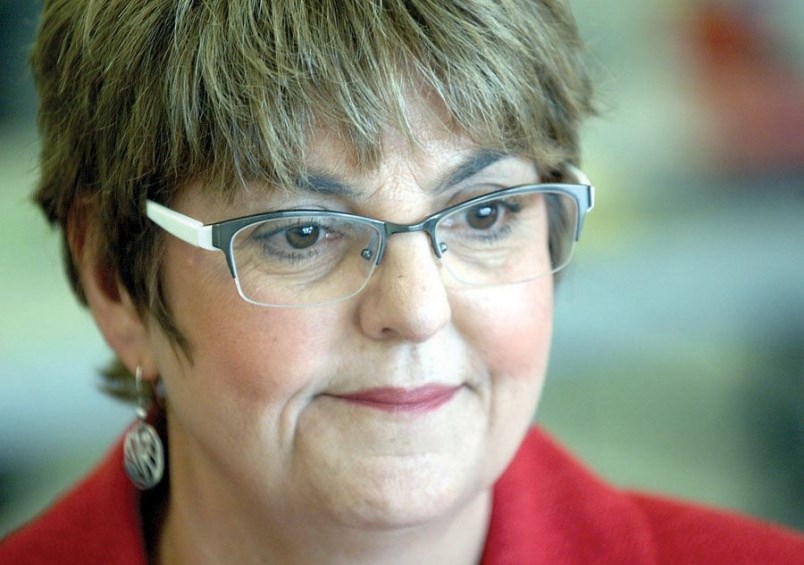As Mother Nature takes her toll on vast swaths of this province, one of the folks nervously watching those disasters unfold has to be B.C.’s finance minister.
Technically, Carole James has not budgeted much money directly to deal with natural disasters. Finance ministers never really do, but changing weather patterns may force a change.
The line item for costs associated with fighting forest fires or compensating flood victims is based on a rolling 10-year average. Thus, this year’s budget has set aside just $64 million for fighting fires even though last year’s total fire management costs exceeded $600 million.
And the budget allocates a puny $15 million for costs arising from the Emergency Program Act, which deals with response to and recovery from emergencies and disasters. Last year’s total costs were $240 million.
To be clear, any “budget” for dealing with disasters is largely fiction. While spending in other areas such as health and education is highly predictable (because fixed labour costs make up a huge portion of health and education budgets), spending on fires and floods is not.
Fires have to be fought, floods have to be contained, cleanup must happen and victims must be compensated. The budget to cover those costs is simply what has to be spent at the end of the day.
James tells me she is not thinking about ensuring her budget remains balanced in the face of what looks like another spring and summer of natural disasters that may cost a tremendous amount of money to deal with.
Rather, her mind is set on ensuring that people affected by fires and floods get the help they need.
She maintains she has built enough elasticity to absorb any big costs arising from those looming disasters. Perhaps so, but she may find her balanced budget pushed right to the edge of a deficit if the fire season is particularly bad and the flooding gets much worse.
James has socked away $550 million in the contingency fund and has a further $350 million sitting as a cushion to absorb any loss of revenues in other areas. That adds up to $900 million in unallocated spending.
Now, $900 million sounds like a lot of money, but consider last year’s total disaster-associated costs were about $900 million more than is budgeted in that area this year. So James potentially has little elbow room to protect her tiny projected surplus of $219 million.
If B.C. does suffer through another major wildfire season, James (and her successors in the finance portfolio) may have to revisit the practice of basing budgets on a 10-year average. Either that, or finance ministers will have to continue the practice of budgeting for huge contingency funds that likely have to get bigger each year.
Keith Baldrey is chief political reporter for Global B.C.



